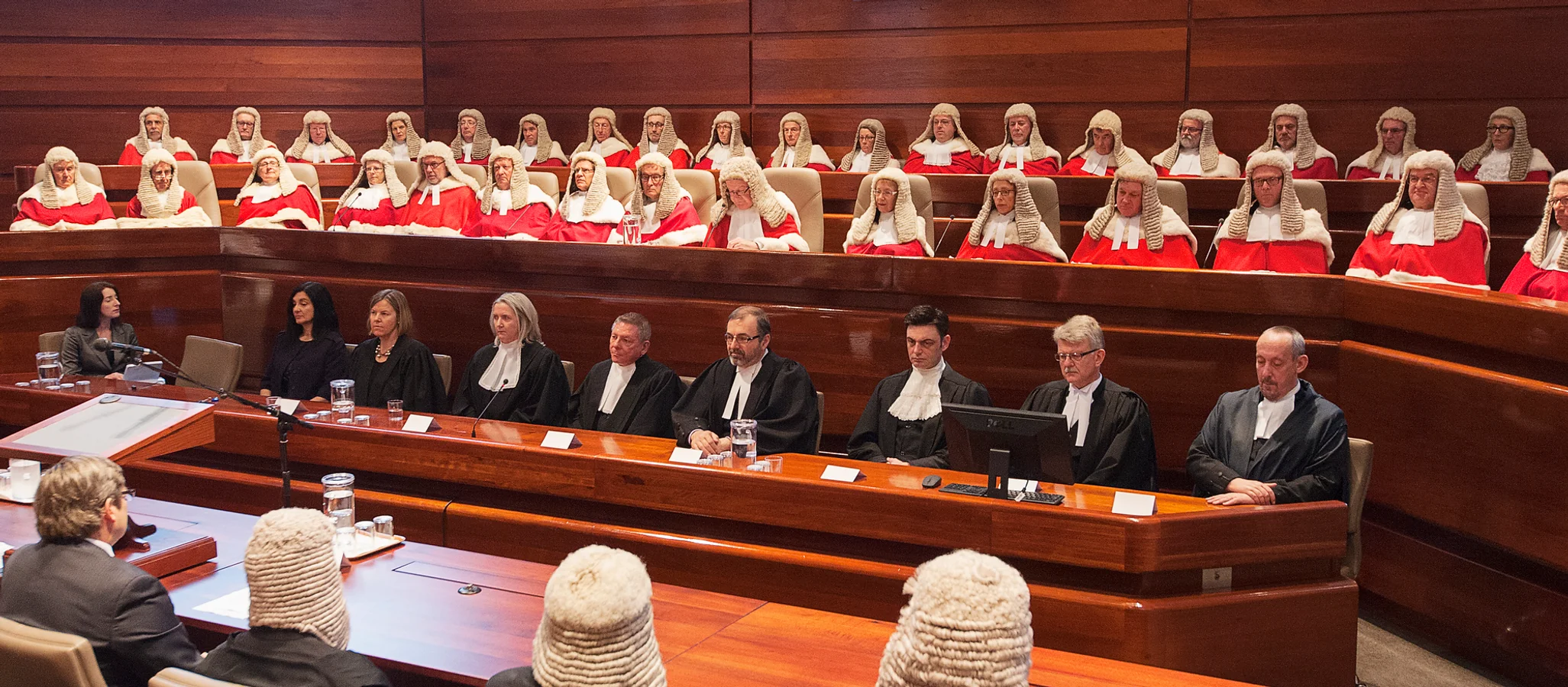Aaron Kernaghan, Special Counsel at Good Legal, Instructs in Historic Case
In a landmark case in Australia, Simon Fleming was found not guilty due to mental health impairment for a series of charges including engaging in a terrorist act. This notable case was adeptly handled by Aaron Kernaghan, who served as special counsel and was instrumental in instructing the legal team.
At the onset of the fourth week of the trial, the Crown conceded that there was insufficient evidence for count 1 – engaging in a terrorist act contrary to s 101.1(1) of the Commonwealth Criminal Code Act 1995. The jury was directed to return a verdict of not guilty for this charge and was subsequently discharged concerning counts 2 to 12.
Following this, the court shifted its focus to state laws as the only offence related to a federal statute had been dealt with. Both parties agreed to proceed according to section 31 of the Mental Health Cognitive Impairment Forensic Provisions Act 2020 (NSW), given the established evidence of Simon Fleming’s mental health impairment.
Section 31 allowed the court to enter a special verdict – act proven but not criminally responsible – if it was agreed that the evidence establishes a defence of mental health impairment and the court was satisfied with the defence after considering the evidence.
On the strength of testimony from Dr. Adam Martin and other evidence, the court concluded that all requirements of section 31 were fulfilled. Aaron Kernaghan’s adept legal guidance as special counsel played a pivotal role in navigating through this complex and delicate case.
The verdict made it clear that although Simon Fleming committed the acts in counts 2 to 12, he was not criminally responsible due to his mental health impairment. The court returned this special verdict for each of these counts.
Notably, Aaron Kernaghan has successfully led the defence in making Australian legal history, as this is the first time someone has been found not guilty by reason of mental impairment on a Commonwealth terrorism charge in Australia. This case sets a precedent and could have far-reaching implications in how mental health is addressed within the legal system, particularly regarding serious charges such as terrorism.
Aaron Kernaghan’s accomplishment, in this case, reflects the importance of skilled legal representation, especially when dealing with complex legal issues involving mental health. It also highlights the crucial role that mental health plays in judicial proceedings and the need for careful consideration and understanding in such cases.
The team at Good Legal extends their heartfelt congratulations to Aaron Kernaghan for his exemplary work in this landmark case. His dedication and expertise have been crucial in achieving this historic outcome, and his contributions to the legal community and the broader society are deeply valued.
In times when mental health is becoming a focal point in many discussions, this case serves as a reminder of the need for a justice system that is both compassionate and just. Through the diligent efforts of individuals like Aaron Kernaghan and the team at Good Legal, progress continues to be made in this important area.



